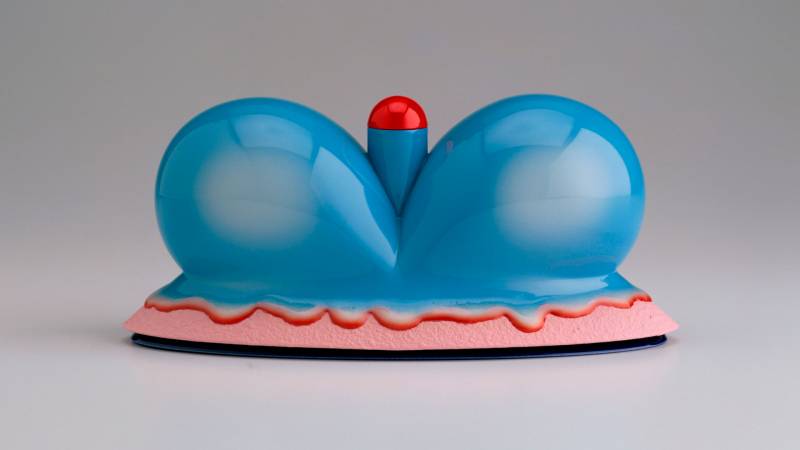2020 sounds like a year from science fiction.
If we’re taking our cues from Hollywood, this is a year in which we can expect machine-augmented humans battling aliens, interdimensional sea monsters and other humans (Edge of Tomorrow, Pacific Rim and Reel Steel, respectively). It’s also the temporal setting of A Quiet Place, which puts two cinematic predictions in the alien invasion bucket, so make of that what you will.
Speculative fiction aside, what I know for sure is that local art spaces have big plans for 2020, some of which are quickly approaching in the months ahead.
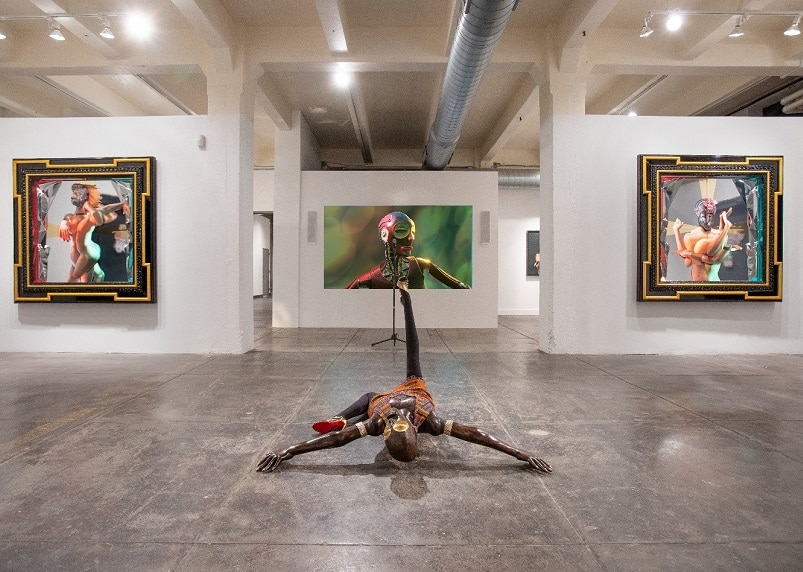
Rashaad Newsome, ‘To Be Real’
Jan. 10–Feb. 23
SFAI Main Gallery, Fort Mason Center for Arts & Culture, San Francisco
The preview for Rashaad Newsome’s upcoming exhibition actually came to town months ago, in the small screening room of an institution miles away from Fort Mason. The videos STOP PLAYING IN MY FACE! and ICON, both still on view at the Museum of the African Diaspora, are electrifying mergers of digital animation, spoken audio clips and pulsing beats. To Be Real showcases Newsome’s work in other media, including collage, sculpture and an “AI work.” The exhibition draws from a variety of sources—black and queer culture, the internet, advertising—and promises to reflect on “the radical futurity of emerging identities.” Also! Special performances of Newsome’s piece Running, featuring live vocalists and samples from well-known singers, add a musical dimension to the satellite programming of the approaching Untitled and FOG art fairs.
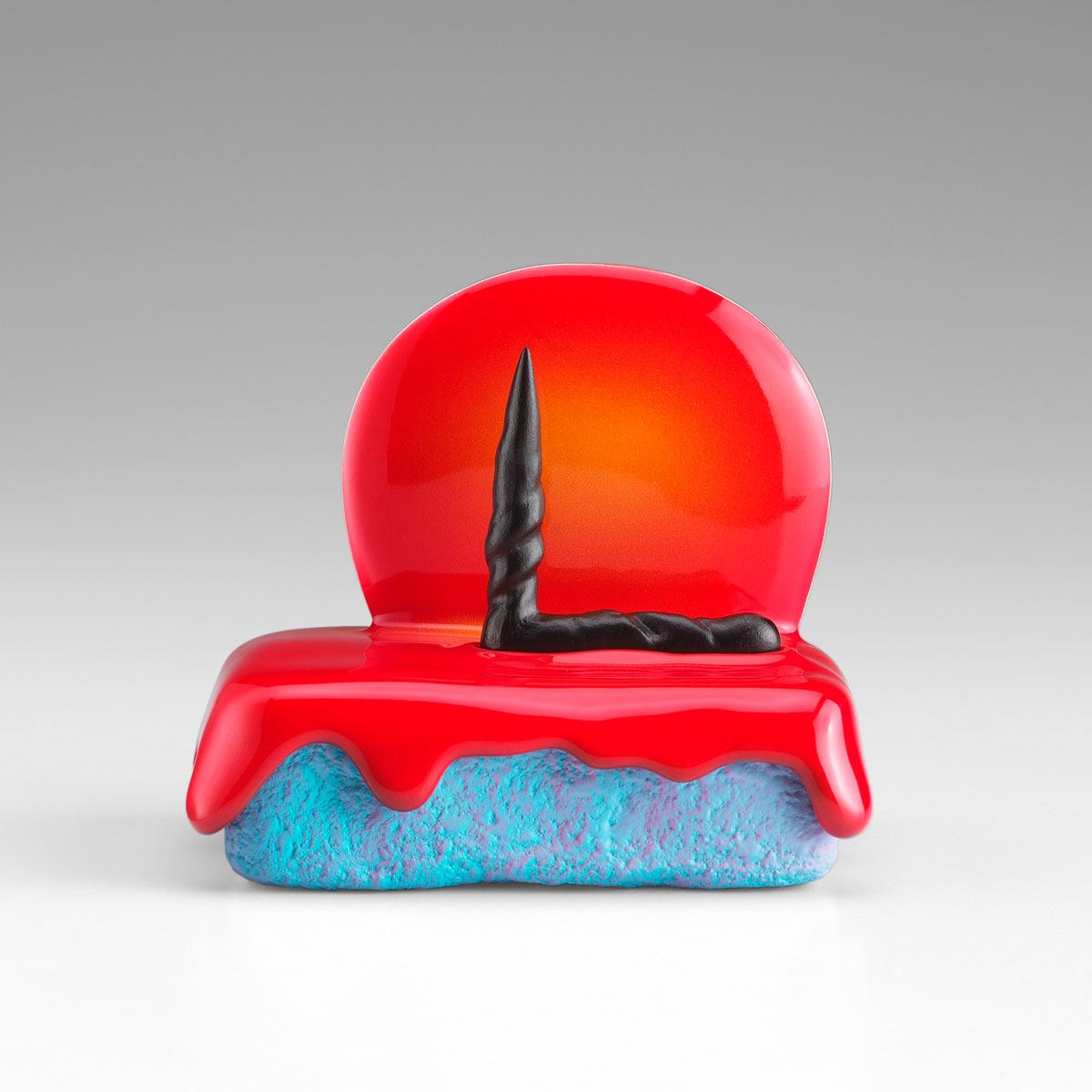
Ron Nagle, ‘Handsome Drifter’
Jan. 15–June 14
Berkeley Art Museum and Pacific Film Archive, Berkeley
The question here isn’t how many of Ron Nagle’s exquisitely crafted, small-scale sculptures can fit within BAMPFA’s galleries (so many!), but how many Nagle sculptures one human brain can handle. Each of his pieces—a combination, in recent years, of ceramics and other materials—exists as a perfectly considered balance of glossy and textured, organic and rigid, sensuous and silly. Parts of Nagle’s sculptures “look like” a number of things, but nothing so much as alien objects shaped by a wonderfully strange and pun-obsessed mind (please see his titles). Plan your visit wisely, you may need time to recover from an overload of aesthetic pleasure afterwards.
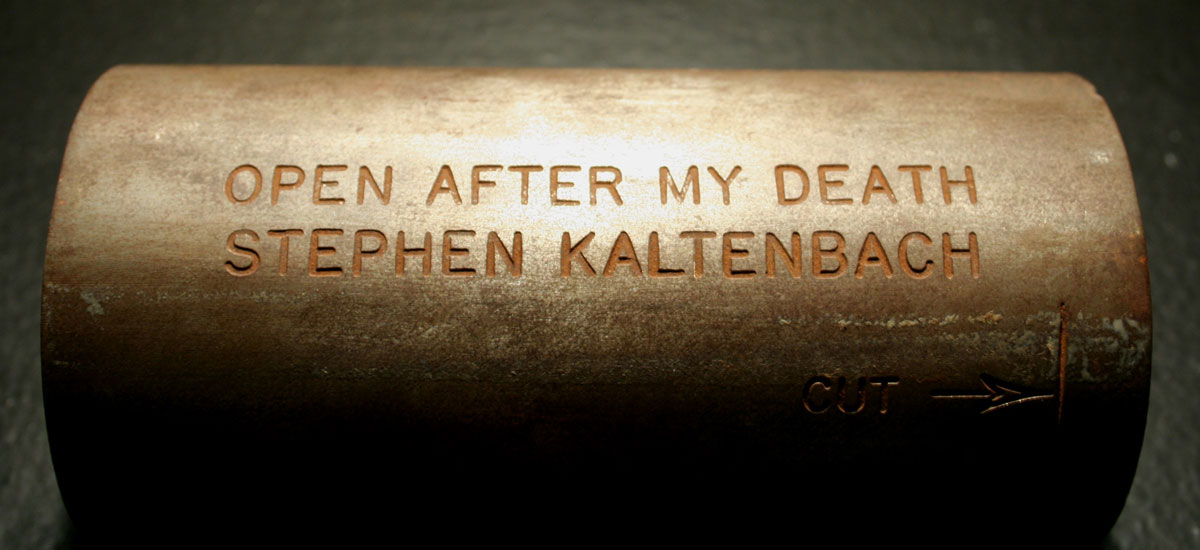
Stephen Kaltenbach, ‘The Beginning and the End’
Jan. 26–May 10
Jan Shrem and Maria Manetti Shrem Museum of Art, UC Davis
Stephen Kaltenbach is a trickster. The artist behind multiple identities, with many modes of making, he’s the author of a long con that is his own art historical legacy. If you haven’t heard of him, here’s a possible reason: This will be his first solo museum exhibition in the United States in nearly 40 years. Once a promising artist in the New York conceptual scene of the 1960s, Kaltenbach “dropped out,” moved back to California (he studied at UC Davis) and began making work in a very different vein: psychedelic paintings, populist public art, classical-tinged sculpture. But all of this was part of a larger, lifelong project to play with the reception and interpretation of authorship. In a talk given at San Francisco Art Institute in 2011, Kaltenbach explained the strangeness of watching one of his adopted identities develop as an artist—the work had gotten to a place where he was starting to like it.
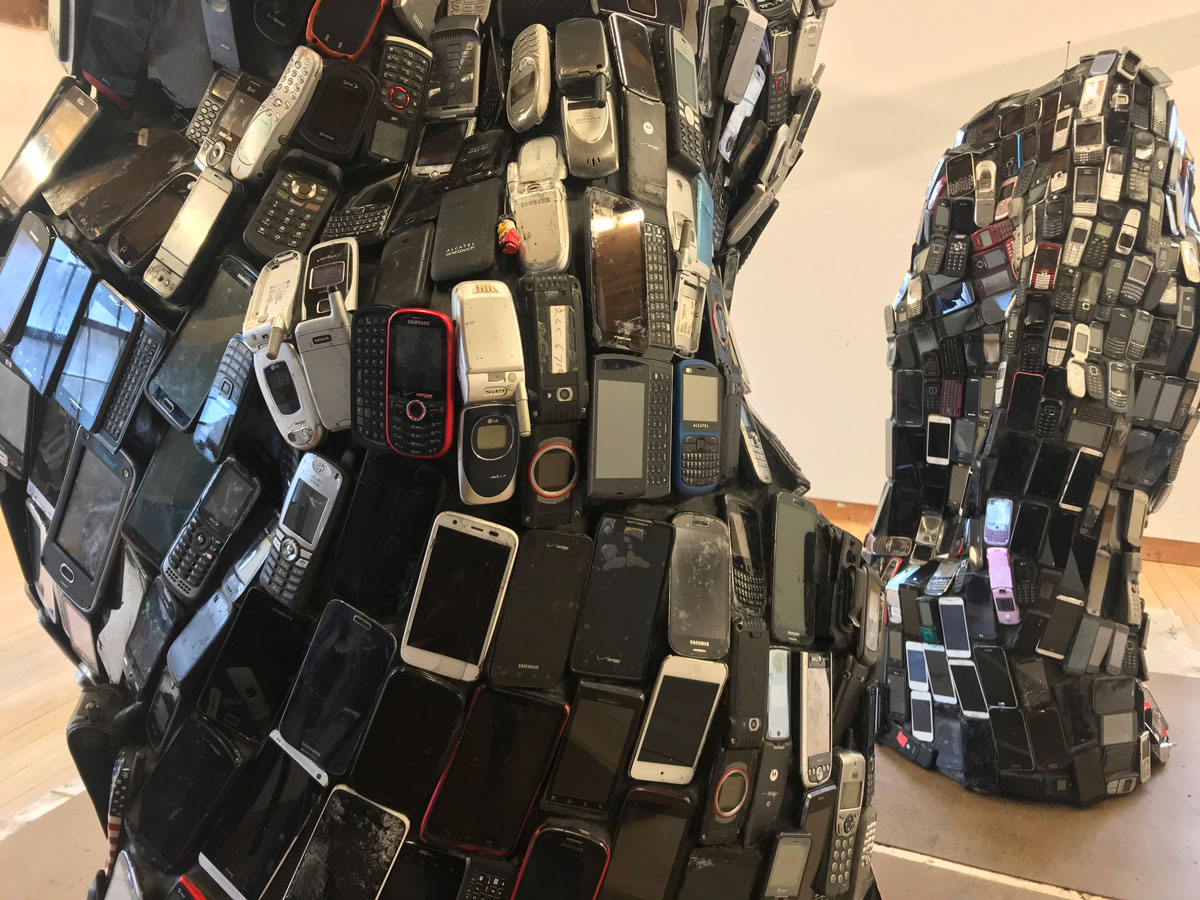
Jean Shin, ‘Pause’
Feb. 6–May 24
Asian Art Museum, San Francisco
We can’t escape technology (especially here in the Bay Area), and artists have long been grappling with its applications and effects. Yerba Buena Center for the Arts’ ongoing exhibition The Body Electric highlights both historic and contemporary works that address physical technologies, while the artists in the de Young’s upcoming Uncanny Valley: Being Human in the Age of AI look at the invisible algorithms that govern our lives. Across town, in a new commission for the Asian Art Museum, New York artist Jean Shin’s Pause assembles an installation from discarded e-waste (cell phones, smartphones, laptops and cables) to evoke the contemplative space of a garden retreat. Through abundance, she makes the environmental and psychic realities of technological progress tangible.
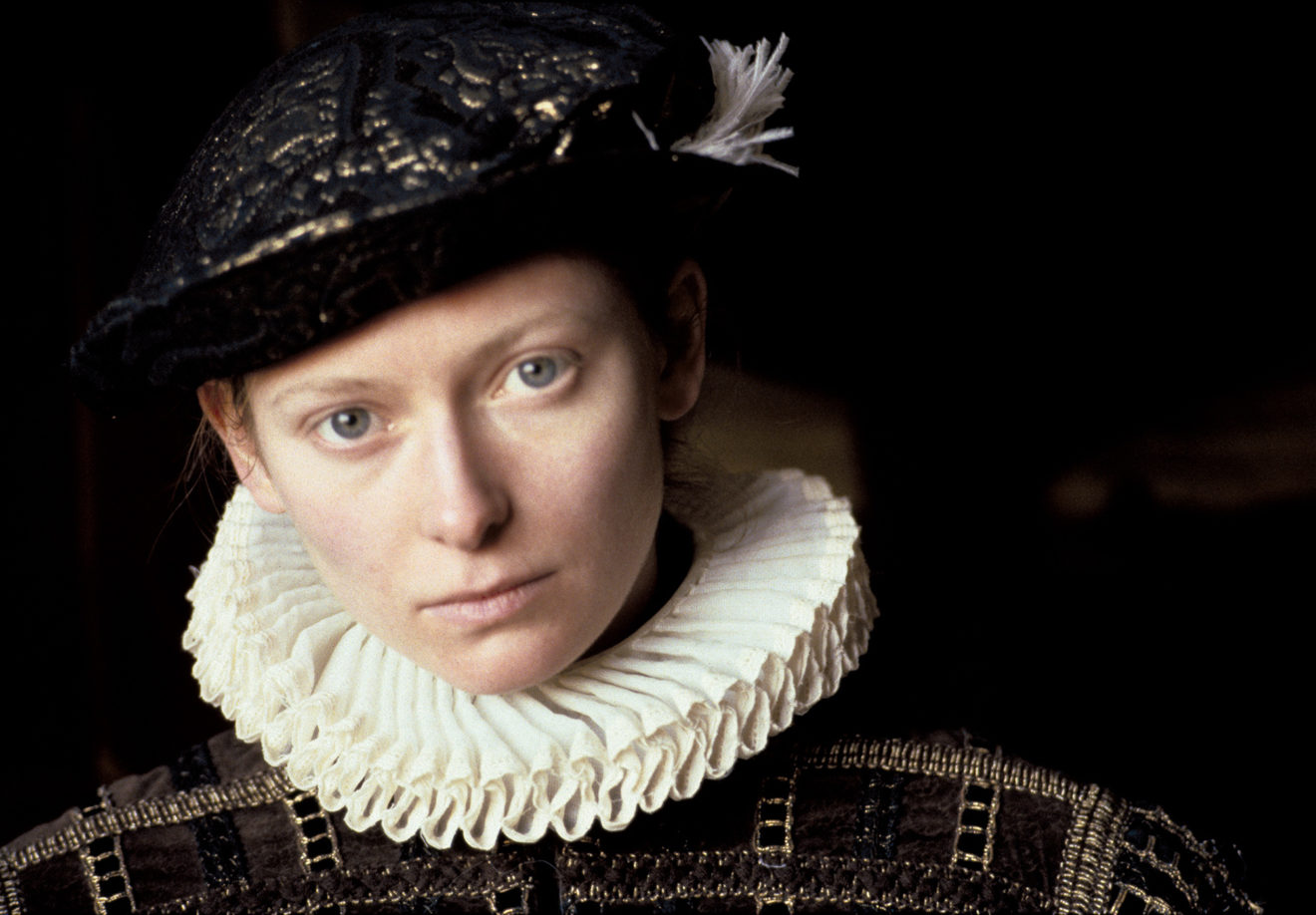
‘Orlando’
Feb. 7–May 2
McEvoy Foundation for the Arts, San Francisco
Not all celebrities should dabble in curation, but if anyone can helm an exhibition inspired by Virginia Woolf’s 1928 novel Orlando, it would be Tilda Swinton, who starred in Sally Potter’s adaptation of the book. Orlando, as a refresher, is the story of a poet who lives for centuries (without aging) and shifts gender along the way. Swinton’s selections address gender fluidity, reject limitations on portraiture and embody the perspective of longevity. This staging of the exhibition will include photographs from the McEvoy Family Collection in addition to pieces commissioned and chosen for the original show at the Aperture Foundation in New York. Will Swinton herself attend the opening? There’s one way to find out.
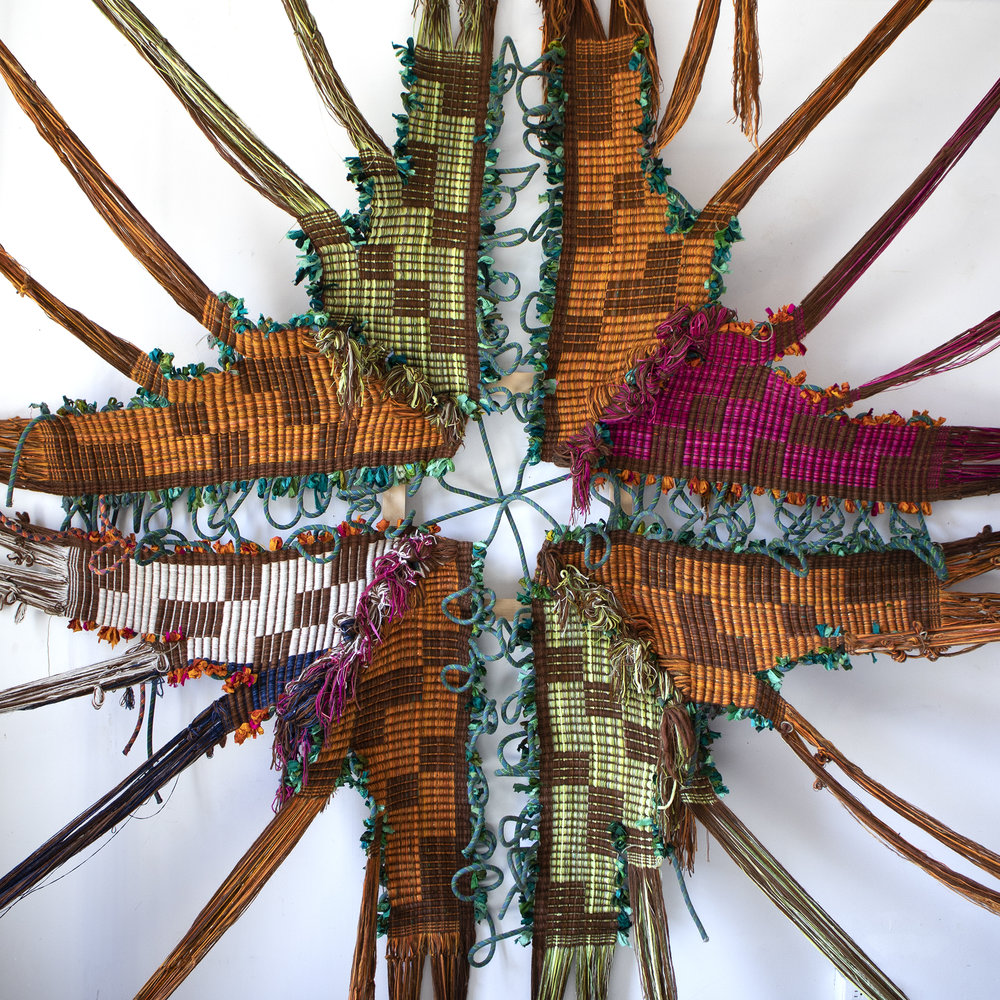
Kira Dominguez Hultgren, ‘I Was India: Embroidering Exoticism’
March 4–April 12
San Jose Museum of Quilts & Textiles, San Jose
Using two Punjabi phulkaris embroidered by a relative around 1925 as a starting point, Bay Area artist Kira Dominguez Hultgren traces themes of colonialism, contemporary exoticism and craft. Her woven work, large-scale and vibrant, incorporates a variety of textures and materials, including climbing rope, wool, Indian cotton and Chinese silk. If you can’t wait until March to see her work in person, her solo show at Eleanor Harwood Gallery opens Jan. 11.
